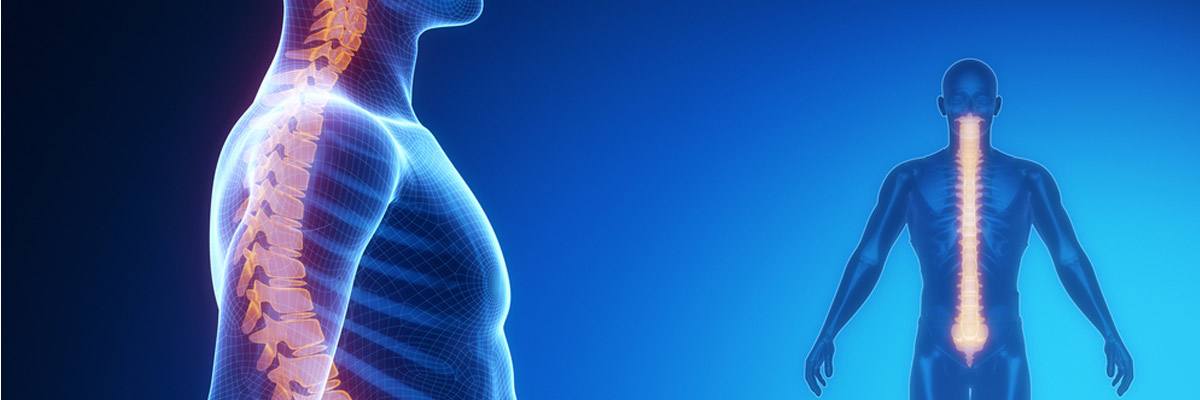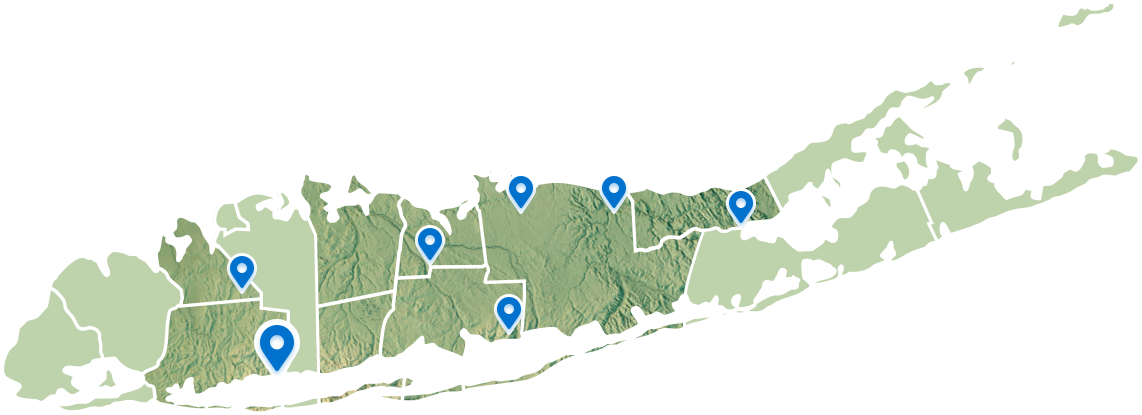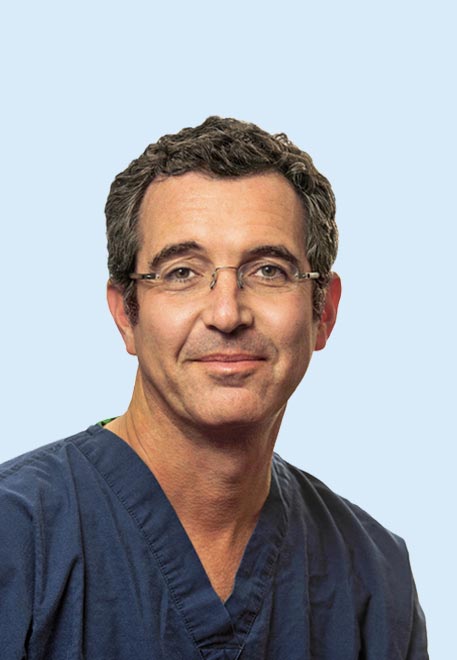- PATIENT FORMS | REQUEST A CONSULTATION | CONTACT US
- 1-844-NSPC-DOC
Movement Disorders Surgery

What Are Movement Disorders?
Take ActionCauses and Symptoms of Movement Disorders
The cause of movement disorders depends, in part, on the specific condition, although for some disorders the causes remain unknown. Nerve and autoimmune diseases, infections, antipsychotic drugs and other damage to the brain (such as the basal ganglia, thalamus, and cerebellum), spinal cord and nerves along with heredity and environmental factors often contribute to a movement disorder. A person with a movement disorder may experience some of the symptoms below:
- Balance issues (possible history of falls)
- Facial tics or twitches
- Tremors (Uncontrollable shaking)
- Disjointed or jerky movements
- Excessively slow movements
- Involuntary muscle contractions
- Involuntary movements in arms or legs
- Walking problems (shuffling or unsteady gait)
- Repetitive movements
- Abnormal posture and positions

Diagnosis of Movement Disorders
As with any condition, your physician will need to learn about your medical history, current and past treatment programs and symptoms. A movement disorder diagnosis will also involve both a physical exam along with diagnostic tests such as brain imaging and blood work.
An electromyography (EMG) records a muscle’s electrical activity by using tiny electrodes to transmit the motor neuron signals that cause muscles to contract.
Clinical neuropsychologists have specialized knowledge in both psychology and neurology. Their expertise is often applied to diagnosing and treating conditions relating to the brain and behavior.
Treatments for Movement Disorders
Treatment for movement disorders often consists of a combination of medication such as muscle relaxants, physical therapy, and occupational therapy. When medication and other therapies fail to provide relief, surgical treatment may be the best option.
A number of surgical treatment options for movement disorders are available, depending on the type of movement disorder you are experiencing. At NSPC, we are experienced in a wide range of surgical treatments including deep brain stimulation, vagus brain stimulation, and thalamotomy. Talk with experts from our multidisciplinary neurological teams to find out what is the best treatment option for you. Here are a few state-of-the-art movement disorders treatments that we offer at our top-notch medical facilities:
Treatment Types
Deep Brain Stimulation During this procedure, a neurosurgeon makes a small incision in the skull and using computerized brain imaging inserts a tiny electrode deep within the brain to provide electrical pulses to modulate the brain’s electrical activity and limit involuntary movements.
Intrathecal Baclofen Pump Implantation For those suffering from spastic movements and who find that intrathecal baclofen medication (the medication baclofen injected into the fluid surrounding the spinal cord) is helpful but have adverse reactions to the pill form, an intrathecal baclofen pump implantation will regulate doses of the drug directly into your spinal fluid.
Gamma Knife® Thalamotomy Our expert board-certified neurosurgeons use this noninvasive (meaning no incision and no blood) radiosurgical procedure to treat essential tremors and some other movement disorders. Using high-energy gamma rays, Gamma Knife thalamotomy destroys the brain tissues causing the tremors, a type of ablative neurosurgery (destroys targeted body tissue).
At NSPC, our skilled multidisciplinary teams of neurosurgeons, neurologists, neuropsychologists, neuroradiologists, neuro-anesthesiologists and other clinical specialists in the NY and Long Island area can help you find the best treatment option for your movement disorder.
Physicians
Connect With Our 7 Convenient Locations
across Long Island, NY
Our expert physicians, surgeons and doctors are ready to serve you at our 7 convenient locations across Long Island, NY. Connect today to learn how our award winning, world class experts can help.
4250 Hempstead Turnpike Suite 4,
Bethpage, NY 11714
(516) 605-2720
COMMACK
353 Veterans Memorial Hwy,
Commack, NY 11725
(631) 864-3900
One Hollow Lane, Suite 212
Lake Success, NY 11042
(516) 442-2250
MANHATTAN
215 E. 77th Street Ground Floor
New York, NY 10075
(646) 809-4719
PORT JEFFERSON STATION
1500-8A Route 112,
Port Jefferson Station, NY 11776
(631) 828-3001
100 Merrick Road, Suite 128W
Rockville Centre, NY 11570
(516) 255-9031
WEST ISLIP
500 Montauk Hwy
West Islip, NY 11795
(631) 983-8400
World
Class
Expertise
For over 50 years & 350,000 patients NSPC has been a trusted global medical leader.
Contact us today for an appointment or consultation.

